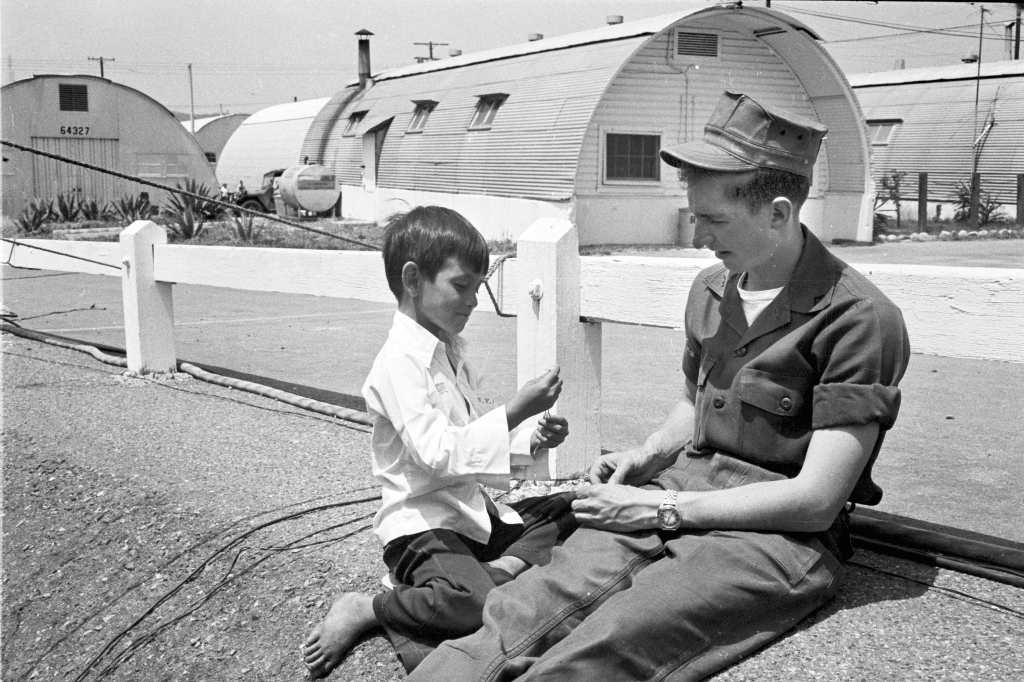
It was on this date, half a century ago, that Saigon fell to the communist North Vietnamese.
While it brought an end to a brutal war in which millions of people lost their lives, the Vietnam war left a lasting impact on the millions more who were displaced, traumatized and who have remained under one-party rule of the Communist Party of Vietnam.
Indeed, while the horrors of communist regimes often seem like a relic of a time long ago, the people of Vietnam are still deprived of the basic liberties we all take for granted in America.
“Vietnam suppresses citizens’ basic rights to freedom of expression, association, peaceful assembly, movement, and religion,” reports Human Rights Watch. “Independent labor unions, human rights organizations, independent media, and political parties remain prohibited. The judiciary is not independent, and courts routinely deny defendants their due process rights. Police patrol the internet and arrest those they deem threatening to the Communist Party’s monopoly on power.”
Just last year, journalist Nguyen Vu Binh was sentenced to seven years of incarceration for daring to speak his mind. As noted by the Committee to Protect Journalists, “Binh’s last article before his arrest criticized the government’s persistent crackdown on pro-democracy activists.”
This sort of travesty is sadly a lingering legacy of the war. No doubt, the people of Vietnam yearn to be free from their tyrannical government. May they one day be free from the grips of corruption and communist tyranny.
Today, millions of Vietnamese people and people with Vietnamese ancestry call America home, with California the home of the largest share of the Vietnamese diaspora. They have made America a better and richer place, and have contributed to the vibrancy of cultural life in Southern California especially.
Today we remember the Fall of Saigon, hope for a freer Vietnam and honor the lives lost both to violence but also to repression. We also hope that journalists and activists like Nguyen Vu Binh, Phan Van Bach, Nguyen Chi Tuyen and many others are someday freed and able to live in a country where they can express themselves without fear of persecution.
Originally Published:



